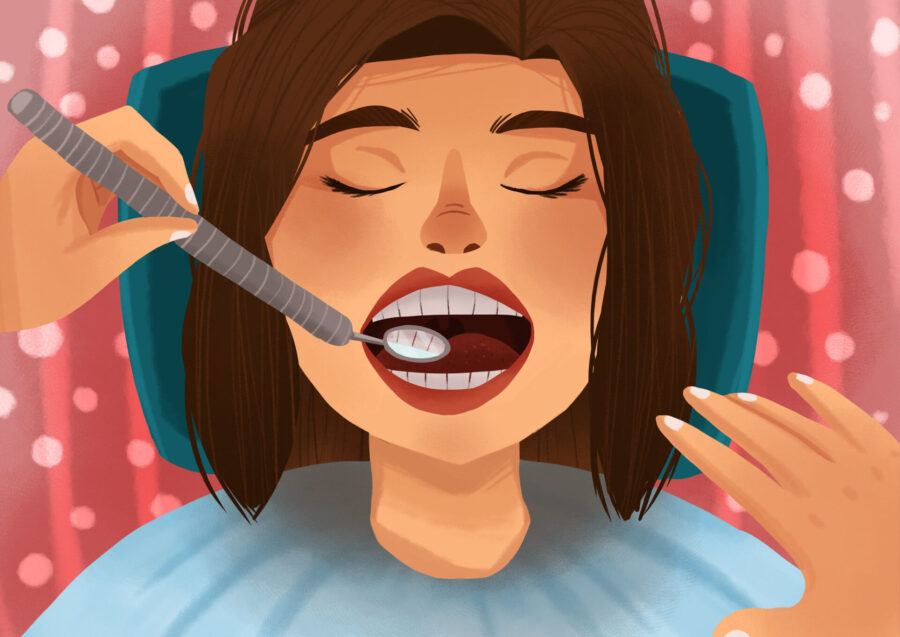
Am I A High-Risk Dental Patient?
April 29, 2025 9:00 amNot all mouths are the same—and not all dental patients have the same needs. Some people are more vulnerable to dental complications due to underlying health conditions, immune system challenges, or the medications they take. These individuals are often considered “high-risk.” But what does that really mean—and how can you manage it?
At Dallas Center for Oral Health and Wellness, we focus on understanding the whole patient. That includes identifying medical and lifestyle factors that impact your oral health, comfort, and safety at every visit.
What Makes Someone High-Risk?
A high-risk dental patient is someone who may be more likely to experience complications before, during, or after treatment. It could mean a higher risk of decay, infection, gum disease, or delayed healing. But it also includes patients who need extra planning or precautions to stay safe and comfortable during care.
Some common high-risk indicators include:
Chronic medical conditions: Conditions like heart disease, kidney disease, or diabetes can affect how the body responds to treatment.
Compromised immune systems: This can include patients undergoing cancer treatment, organ transplant recipients, or those with autoimmune disorders.
Complex medication regimens: Certain medications affect saliva, bleeding risk, or healing—and may require extra coordination.
Dry mouth: Whether caused by medication or health conditions, reduced saliva increases the risk of cavities and gum disease.
Tobacco use: Smoking impacts gum health, healing, and long-term outcomes.
Frequent dental decay or gum issues: A history of problems may require closer monitoring and support.
Even habits like teeth grinding or wearing dental appliances can influence your overall risk profile.
What Can You Do About It?
Being high-risk doesn’t mean you’re destined to have dental problems. It just means your care should be tailored with a little more precision. That might include:
More frequent cleanings: Regular visits help reduce plaque, inflammation, and infection risk.
Nutritional support: Your diet affects your teeth and gums more than you may realize.
Biocompatible products: We may recommend options that are gentler and better aligned with your health needs.
Closer monitoring: Periodic imaging and soft tissue checks help us catch changes early and respond quickly.
We’ll help you understand your individual risks and create a plan that supports long-term wellness and comfort.
Supporting High-Risk Patients in Dallas at Dallas Center For Oral Health and Wellness
At Dallas Center for Oral Health and Wellness, Dr. Anna Willison, Dr. Eugene Dahl, and Dr. Azita Carr take time to understand each patient’s health background, medication use, and lifestyle. From coordinating care to customizing your hygiene routine, we’re here to make every visit safe, thoughtful, and effective.
If you’ve been told you’re high-risk—or if you have questions about your medical history and dental care—schedule a visit with us. We’ll take the time to listen, plan, and help you feel confident about your next step.
Image from Authority Dental under CC 2.0
Categorised in: High Risk Patients

